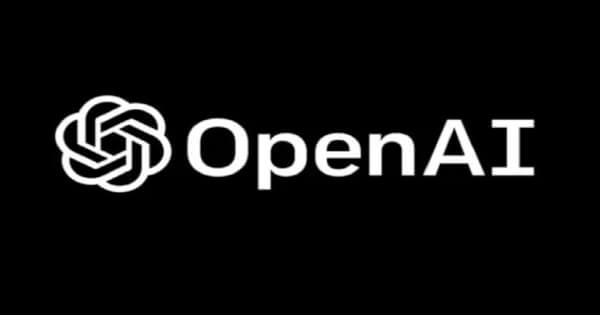Wang Long Chai
17 Aug 2024 09:56
OpenAI took action against accounts associated with covert Iranian influence operations that used ChatGPT to generate content on a variety of topics.
OpenAI recently took strong action against accounts linked to covert Iranian influence operations. According to OpenAI, these accounts used ChatGPT to generate content for websites and social media focused on a variety of topics, including the U.S. presidential campaign.
Job Details
The operation involved the creation of content aimed at influencing public opinion on a number of fronts. Despite the sophisticated use of AI tools like ChatGPT, OpenAI noted that there was not significant evidence that the generated content reached a meaningful audience.
OpenAI’s response
OpenAI, which discovered this operation, quickly blocked the relevant accounts. The company’s proactive stance underscores its commitment to ensuring that its technology is not misused for fraudulent or manipulative purposes.
A broader meaning
This incident highlights growing concerns about the use of AI in influence operations. AI tools are attractive for such activities because of their potential to generate persuasive and large-scale content. The challenge for companies like OpenAI is to develop robust monitoring and response mechanisms to prevent misuse.
Related Developments
In recent years, there has been a rise in state-sponsored influence operations leveraging social media and AI technologies, and governments and technology companies are under pressure to work more closely together to effectively detect and mitigate these threats.
OpenAI’s decisive action against Iran’s covert influence operations is an important reminder that the fight against disinformation and misuse of technology in the digital age is an ongoing one.
Image source: Shutterstock

